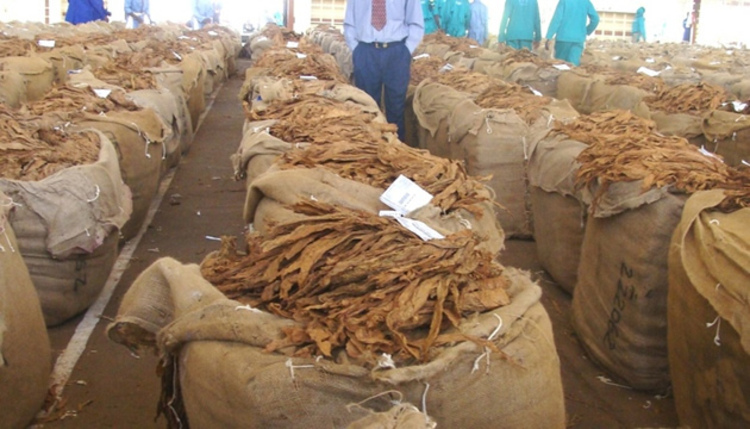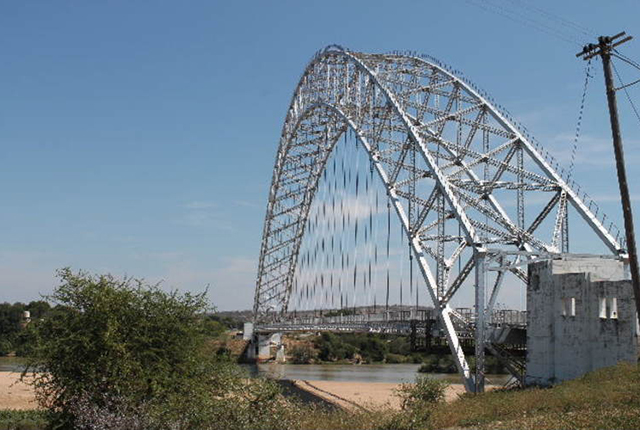Wet spell could hinder tobacco production: ZTA

 Business Reporter —
Business Reporter —
THE wet spell being experienced throughout the country could slightly dent tobacco production, Zimbabwe Tobacco Association chief executive Mr Rodney Ambrose said.
Farmers are expected to produce between 200 million kilogrammes and 205 million kg this year, almost the same crop size achieved last season. However, the production estimates are still provisional and subject to revision, said Mr Ambrose in an interview.
“We are looking at the same crop size but if the current wet spell persists, there would be a slight reduction (from the initial estimates,” he said. Over the past few weeks, most parts of the country have been receiving normal to above rains with isolated cases of floods reported.
Last year, Zimbabwe produced about 202 million kg of tobacco, the country’s single largest foreigner currency earner, raking in over $800 million, according to statistics from the Tobacco Industry and Marketing Board. Now dominated by black indigenous small scale farmers, the sector has been on a recovery path during the last few years. In 2008, tobacco production plummeted to an all-time low of 48 million kg.
To encourage production of the crop, the Reserve Bank of Zimbabwe paid a cumulative $30 million to farmers who sold their crop last year, under the RBZ’s 5 percent export incentive.
Tobacco farming stands out as one of the biggest empowerment stories in the history of Zimbabwe. Prior to the land reform program in 2000, tobacco farming was a preserve of a few large scale commercial farmers with negligible numbers of blacks.
Smallholder black farmers were discouraged from producing tobacco because it was said to be too technically challenging. Before the land reform, about 2 000 large scale commercial farmers produced 200 million kilograms, an average of 200 tonnes per farmer.
But with the land reform, the number of farmers has increased to about 80 000. Rural communities have been economically transformed, driven by good profits farmers are enjoying.










Comments